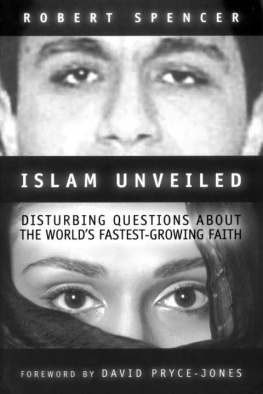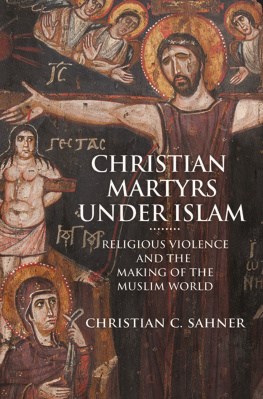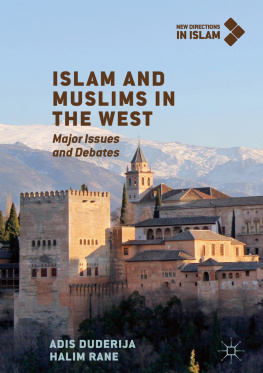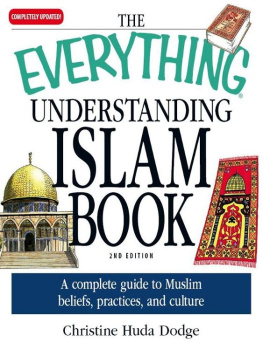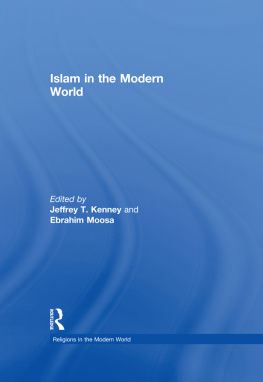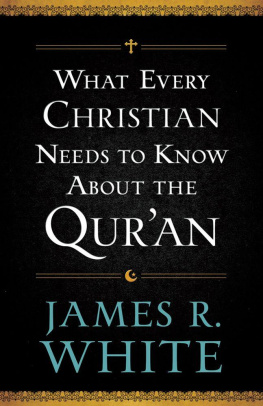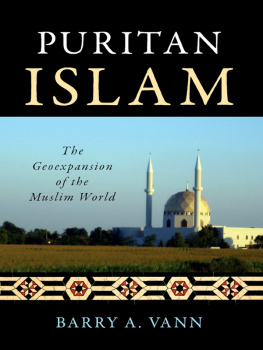Claiming and Making Muslim Worlds
Introduction
The contributions to this volume examine different ways in which Muslims have laid claim to, and shaped their worlds in the 20 th and 21 st centuries. While the negotiation of identities and the ordering and reordering of societies is a common process, why do we choose Muslims as a field of enquiry? Would we ask similar questions about Christians or Buddhists?
Thus, the very choice of the field of research raises a number of fundamental questions which arose in the very particular historical context of the first two decades of the 21 st century, when the devastating and highly symbolic attacks on the World Trade Centre by the Islamist organisation al-Qaida in September 2001 triggered what was termed the Global War on Terror. Of course, the identification of Muslims as the Christian (and Western) Other goes back almost to the inception of Islam. The long history of mutual relations and perceptions underwent many permutations, which need not be rehearsed here. Suffice it to say that the Age of Imperialism, where this book takes its starting point, coincided with an often violent reconfiguration of these relations. While the 20 th century itself witnessed multiple shifts, which we reflect on below, at the time of planning the research on which the book is based, mutual perceptions had taken another distinct turn for the worse. Since the end of the Cold War, some political scientists and area studies specialists have become adherents of a school of thought that promotes the notion of a Clash of Civilizations. With the transformation of the Afghan Jihad against the Soviet Union into an insurgency aimed at Western regimes and their allies, the emergence of al-Qaida, and the attack on the World Trade Centre, being identified as Muslim has become highly problematic in Western contexts. At the same time, and partly sparked by these developments, but also partly in response to internal dynamics, debates among Muslims about identity and what it means to be a proper Muslim also gained traction, often in ways that mirrored the encounter with the non-Muslim Other.
What gets lost in such politically volatile contexts are the self-attributions, conceptualisations, and practices by which ordinary people constantly envision, create, and remake their lifeworlds. Twinning the discursive potential of claiming and making, we wanted to restore a voice to the myriad ways in which Muslimness is manifested, while at the same time unmuting marginal voices that are excluded from the hegemonic discourse within Muslim communities. Such internal differences, constitutive to Shahab Ahmads approach to Islam, are evidenced, for example, in the chapters by Haniffa or Frede. While this is one important reason for this book to highlight multiple Muslim worlds rather than claiming the unity of one world of Islam, another is the observation that factors other than Islam can be just as constitutive for local perspectives, as shown in the chapter by Scheele.
So, how are plural Muslim lifeworlds and conceptual world-making interwoven? And how are these imbricated with etic group concepts such as that of the umma , the community of believers? The chapters of this book provide answers which are specific to certain regions, places and times. This is very much linked to the epistemological stance uniting the authors of this volume regarding the regions and people they study: While most subjects appearing in these studies profess Islam or are classified as Muslims, this does not per se explain much about their lives. Instead, we ask how people who either declare themselves to be Muslims or who are, in specific contexts, labelled as such by non-Muslims, understand and use or do not use Islam in their daily lives and in different contexts. In this complex setting it is essential to pay minute attention to who uses which labels, and in which contexts they become relevant. Because of this, we insist on speaking of plural worlds rather than of one world of Islam. The importance of Islam needs to be explained in each and every case, notably as we are dealing with people and contexts that are quite far apart in time and space.
In this introduction we will further explore some of the conceptual questions just indicated. We begin with a brief discussion of how we understand and approach Islam. Furthermore, we engage with the question of different scales in the study of Muslim worlds, and then consider some of the theoretical and methodological challenges involved in this endeavour. Finally, we highlight the sections and topics on which this volume focusses. The selection of case studies combines historical, anthropological, political, and literary perspectives. In doing so, this volume reflects a long-standing multi- and interdisciplinary engagement with translocal and globalising practices in the overwhelmingly Muslim societies of Africa, Asia, and the Middle East at Leibniz-Zentrum Moderner Orient (ZMO) and its scholarly context. The contributions to this volume thus represent a selection of papers presented at a conference held at ZMO in early April 2019 entitled Claiming and Making Muslim Worlds: Across and Between the Global and the Local. The volume can be considered one of the major outcomes of the ZMO research programme between 2009 and 2018, entitled Muslim Worlds World of Islam? Tracing Connections, Practices and Crises of the Global in Africa, Asia, and the Middle East.



